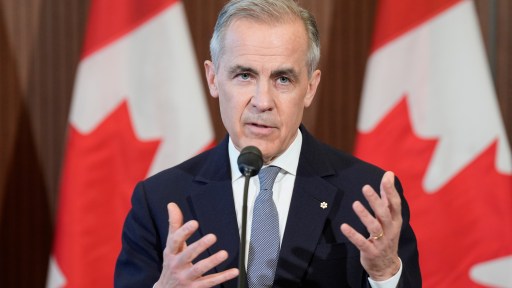A Carnival of Absurdity: Unpacking the Government’s Paltry Palliatives. By Chidi Ekeh

In the grand theater of governance, where decisions shape the destiny of a nation, the National Economic Council (NEC) has recently taken center stage, dishing out a spectacle of epic proportions. Prepare yourselves, fellow citizens, for a rollercoaster of ludicrous measures and baffling initiatives, as we dissect the baffling ballet that has unfolded on the national stage.
Imagine, if you will, a nation grappling with the burden of soaring food and transportation costs, citizens reeling from the economic turmoil brought about by subsidy removal. Enter the NEC, like magicians conjuring illusions from thin air, armed with their grand solution: a whopping N5 billion grant for each of the 36 states, as if money were rainbows and sunshine.
But alas, dear friends, this is not a fairy tale, and these grants are far from the golden ticket to prosperity. Rather, they seem more like band-aids on a gaping wound, addressing symptoms rather than the underlying malaise. It’s as though the NEC stumbled upon a bakery fire and decided that the solution was to hand out cookies to bystanders.
Hold onto your seats, for the pièce de résistance is yet to come. Brace yourselves for the spectacle of all spectacles: five trucks of rice for each state! Yes, you read that correctly. In a world where inflation is the villain, the heroes of the NEC swoop in with rice, as if grains were the kryptonite to economic turmoil. It’s almost poetic – a tale of bureaucrats armed with starch to battle inflation.

Not content with their rice-mobiles, the NEC introduces the sidekick – 40,000 bags of maize! Because, of course, when the economy is teetering, nothing says “we understand your struggle” quite like a torrent of corn. Picture the scene: a citizen confronted with the harsh realities of rising prices, only to find solace in mountains of maize. Is it any wonder that the citizens aren’t roaring with applause?
But wait, there’s more! The NEC, never one to shy away from a dramatic twist, summons the National Emergency Management Agency (NEMA) to distribute food to states bordering Niger Republic due to “recent political instability.” Yes, because clearly, food has the power to mend international relations and stabilize entire nations. Perhaps diplomatic negotiations should include cooking demonstrations from now on.
In the midst of this grand carnival of folly, let us not overlook the subplot of loan announcements and fund distributions. An $800 million loan, cloaked in mystery, destined for “intended purposes.” A treasure hunt for the economically bewildered, as they search for clues on how this sizable sum will be spent. Will it be used to build a palace of rice?

And then, the pièce de résistance of fiscal theatrics: the allocation of a staggering N500 billion fund. This fund, like a piñata at a party, is meant to shower sectors from MSMEs to gas expansion for buses. Oh, buses, those mighty chariots of economic salvation, carrying the hopes of a nation on their rubber wheels. It’s almost poetic – a tale of economic recovery told through the engine roar of CNG buses.
Ladies and gentlemen, as the curtain falls on this performance of government gymnastics, let us contemplate the deeper implications of this grand show. Are we witnessing a government earnestly attempting to navigate a complex economic landscape, or is this a farcical theater of absurdity? One can’t help but picture our leaders congratulating themselves backstage, reveling in their rice-based heroics.
But amidst this cacophony of calamity, a glimmer of reason emerges – a call for investments in sustainable solutions. The idea that perhaps, just perhaps, long-term progress cannot be achieved through rice and maize alone. A vision of a nation investing in commercial and irrigated agriculture, where prosperity isn’t measured in bags of grain, but in empowered citizens forging their destinies.
In conclusion, dear citizens, as we exit this theater of governmental farce, let us envision a brighter future. A future where decisions aren’t mere pageantry, but genuine efforts to uplift the masses. Let’s dream of leaders whose priorities align with the needs of the people, and interventions that transcend the short-lived allure of palliatives. For now, let the Palliative Show continue, as we await the next installment of this confounding drama – who knows what culinary curiosities will grace the stage next?
Chidi Ekeh writes from Abuja




